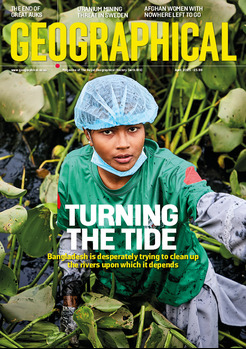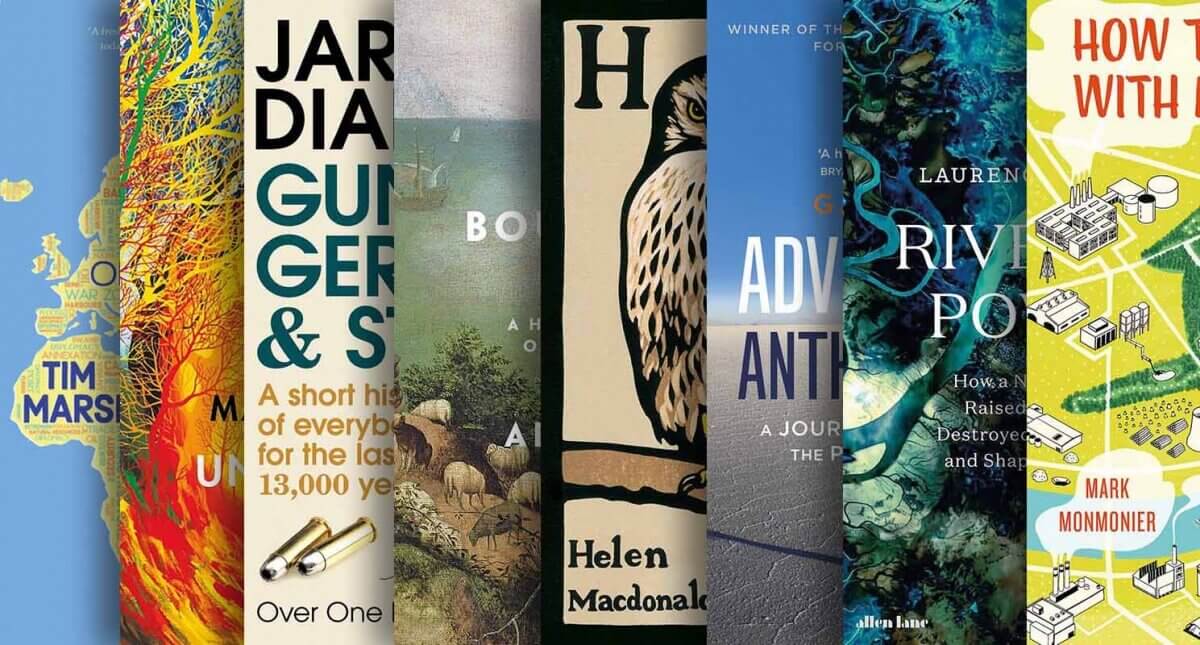
Everyone interested in geography should have these books on their shelves
By
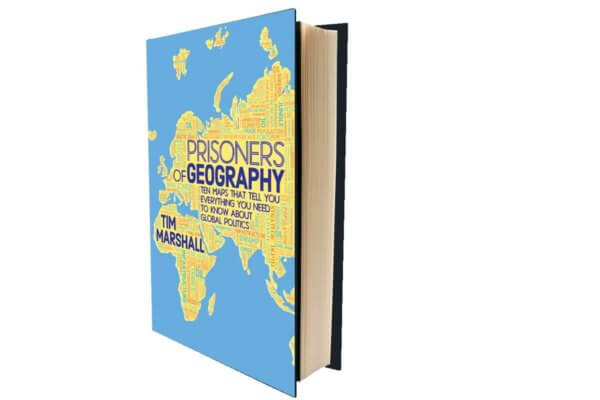
Prisoners of Geography: Ten Maps That Tell You Everything You Need to Know About Global Politics by Tim Marshall
Author, journalist and Geographical columnist Tim Marshall demonstrates the importance of geography in shaping and defining global politics – a reminder that despite being the ‘the most overlooked’ factor in world affairs analysis, geography is always there, often forcing the hand of world leaders.
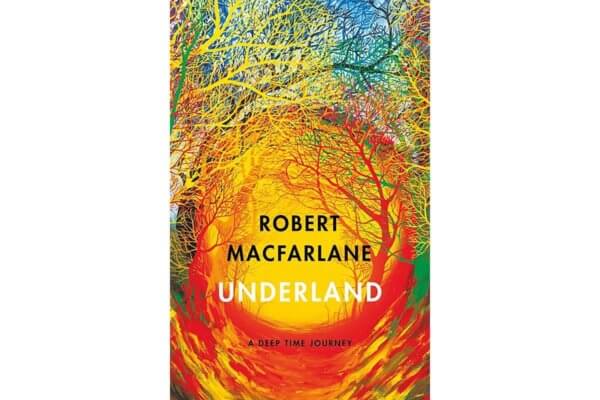
Underland by Robert Macfarlane
An epic exploration of the world beneath our feet. Underland cuts paths through science, geography, anthropology, poetry, myth and experience. The reader is pulled underneath Paris, Arctic ice, forest floors; into deep caves and underground rivers; ancient funeral chambers; even to underground research stations that look into space. Macfarlane narrates his adventures with lyrical style and an ever-present sense of awe of wonder.

Guns, Germs and Steel: 20th Anniversary Edition
Another book that reminds us of the importance of geography to all human endeavour. First published in 1997, Guns, Germs & Steel demonstrates the way in which geographical realties (from agricultural conditions and available plant species to the presence of certain rocks and metals) determined how civilisations grew and prospered (or not). We are all born with similar abilities, but our geographical luckiness steers the course of our lives.
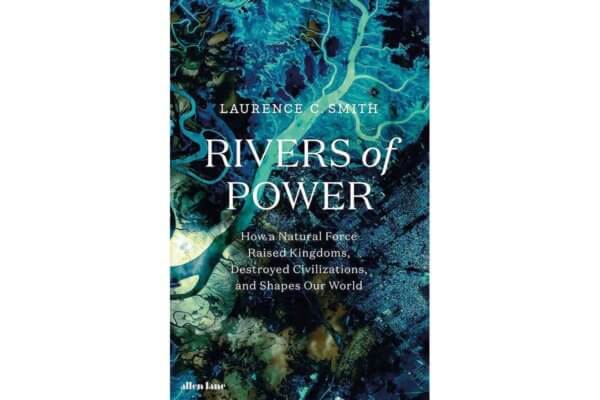
Rivers of Power: How a Natural Force Raised Kingdoms, Destroyed Civilizations, and Shapes Our World by Laurence C. Smith
An epic account of rivers and our relationship with them. For rivers, it turns out, are the lifeblood of cities, the stage for countless skirmishes, and at times, a terribly destructive force. No region or epoch is left out. Laurence – a professor of environmental studies at Brown University – sweeps the globe to demonstrate the power of these life-giving bodies of water.
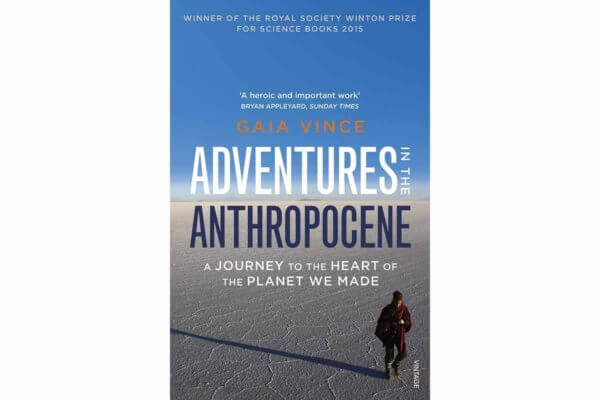
Adventures in the Anthropocene: A Journey to the Heart of the Planet we Made
Science journalist and author Gaia Vince quits her job at the journal Nature and travels the world, documenting the immense impact of humans on the landscape. A balanced account of man’s ingenuity and brilliance coupled with our destructive capabilities, Vince demands that we take a proper look at the world around us.

The Boundless Sea: A Human History of the Oceans by David Abulafia
A huge work, running at more than 1,000 pages, The Boundless Sea tells the story of the oceans from a human perspective. Winner of the Wolfson History Prize 2020, the book is packed with marvellous stories and adventures, charting our very first forays into the water in tiny canoes, moving onto the great voyages across unknown expanses of ocean, and turning to the routes now taken daily by supertankers in their thousands. A comprehensive and highly entertaining account.

H is for Hawk by Helen MacDonald
A moving and evocative classic of nature-writing. In mourning for her father, Helen MacDonald recounts her attempt to find solace by learning to train a goshawk called Mabel.

How to Lie with Maps by Mark Monmonier
A classic in the world of mapping books, How to Lie With Maps was first published in 1991. Mark Monmonier reveals the ways in which maps tell only one side of any story, reflecting the views and biases of their makers. Updated for the digtial age in this new edition, the book now examines the myriad ways that technology offers new opportunities for cartographic mischief, deception, and propaganda.

